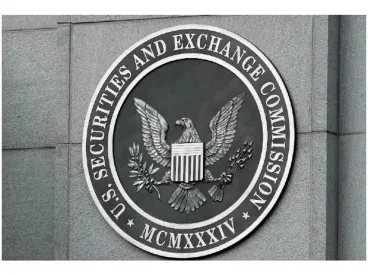On October 4, 2017, U.S. Representative Sean P. Duffy [R-WI-7] introduced U.S. House of Representatives Bill H.R.3948 entitled the “Protection of Source Code Act.”
If enacted, the Bill would amend the Securities Act, the Securities Exchange Act, the Investment Company Act and the Investment Advisers Act to prohibit the SEC staff from obtaining algorithmic trading source code without a subpoena. This would prevent the SEC staff from obtaining source code through OCIE exam requests or during the early stages of an investigation before the staff has obtained authority to issue subpoenas.
Specifically, the bill would block SEC staff from compelling a person “to produce or furnish source code, including algorithmic trading source code or similar intellectual property that forms the basis for design of or provides insight to the source code, to the Commission unless the Commission first issues a subpoena.” The Bill was co-sponsored by Representatives Randy Hultgren [R-IL-14], David Scott [D-GA-13] and Luke Messer [R-IN-6]. Various industry groups have submitted a letter in support of the proposed legislation. The Bill does not articulate Congress’ intention to extend protections to “intellectual property that forms the basis for design of or provides insight to the source code.” The Bill also does not distinguish between algorithmic trading source code that may be deployed in live trading environments from those that are utilized in a simulated or test trading setting.
The Bill was referred to the House of Representatives Committee on Financial Services. On October 12th, by a vote of 46-14, the committee approved the Bill for consideration by the whole chamber. However, Representative Duffy’s office has indicated that it is uncertain when the Bill will be introduced to the full House.
If enacted, the resulting revisions to the major federal securities acts would likely impose additional safeguards from the SEC staff’s investigatory process for matters involving hedge and other private fund advisers utilizing algorithmic trading programs. This follows upon the decision of then-Acting SEC Chairman Michael Piwowar to institute a policy change revoking the previously “delegated authority” to issue a formal order of investigation (a precursor to the ability to issue a subpoena in a matter). This reported change removed authority to approve a formal order from about 20 senior SEC officials and represented a reversal of the agency’s existing policy previously authorized in 2009.






 />i
/>i
